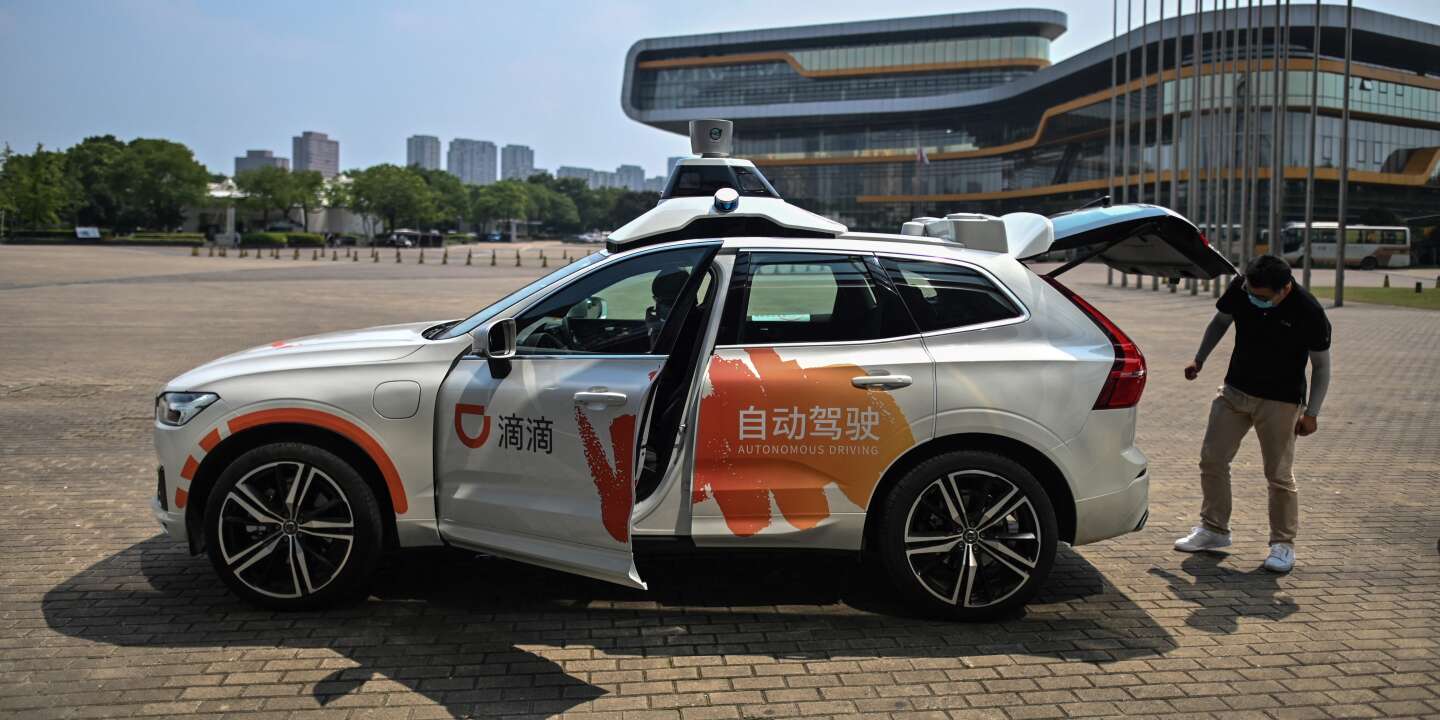PIt’s easy to drive taxis in a straight line in these troubled times of health crisis and rising nationalism. Asia’s two most popular internet companies, Grab and Didi, dance a strange mechanical ballet, sliding on a gigantic puddle of oil, out of control.
Anthony Tan was a billionaire on the morning of Thursday, December 2, when his company, Grab, went public. It was no longer the same evening. The Singaporean firm, which reigns supreme over races and deliveries in Southeast Asia, had chosen to enter the Nasdaq through its merger with a special company already listed on the market.
Called PSPC (for Special Purpose Acquisition Company) or, more colloquially, “blank check vehicle,” these companies are all the rage in these times of market euphoria. The one that absorbed Grab was the largest, raising $ 4.5 billion (€ 4 billion) in new money. It is now the biggest tumble of its kind. Its course has lost 20% and 17 billion in capitalization in a short day.
The world of taxis on the Internet collects losses
In her slide, she grazed a tumbling vehicle in the opposite direction, which, for its part, decided to leave New York as soon as possible. Didi, the Chinese Uber, will mark the annals with the most catastrophic and ephemeral of the introductions of Chinese companies on Wall Street: 40% decrease since its entry in June 2021. This time, it is not the health crisis which derailed the case, but the power.
Beijing could not bear that this company it had in its sights defies it by preferring New York to Hong Kong to finance its growth. The sanction did not take long. Downloads of the app to phones have been blocked. Accused of collecting sensitive data and poorly paying sometimes illegal drivers, the firm returns to the fold. The arbiter of Chinese business is called Xi Jinping and there is only one.
These two stories are closely linked. Didi and Uber are indeed major shareholders of Grab, brought together in particular by the insatiable Japanese investor SoftBank, also present in Uber. The world of taxis on the Internet collects losses. Those of Grab ($ 1.5 billion) represent four times its turnover, but the company does not lack the financial imagination to continue its journey. Even if it means accumulating spins and sometimes running up against the wall of the new geopolitics of business.
–


